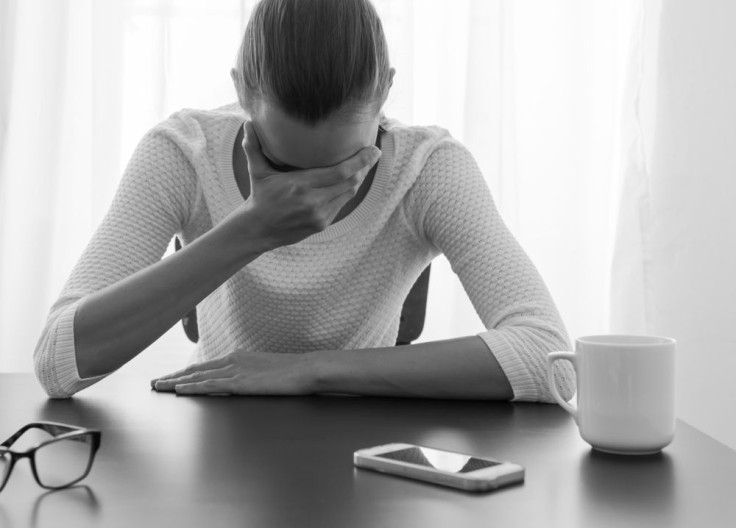Is Period Pain A Reason For Paid Menstrual Leave? One Gynecologist Argues For Universal Time Off

The question is not can women get paid leave for their menstrual periods, but rather, should they. Many Asian countries already offer women the chance to take time off work without the fear of losing income during the most painful moments of their menstruation. Now, a London gynecologist has expressed his belief, that this practice should be taken up in more countries. According to the doctor, such a leave would boost both motivation and productivity for women in the workplace.
The idea of a paid menstrual leave is far from novel. It was first introduced in Japan just after the end of the Second World War. As more women began to enter the workforce, it was believed that offering women time off for period pains was a way of erasing the stigma associated with the female body. Alice J. Dan, a researcher who studied the 1947 Labor Standard Law, which legalized menstrual leave in Japan, explained to The Atlantic that it was “a symbol for women’s emancipation. It represented their ability to speak openly about their bodies, and to gain social recognition for their role as workers.”
Laws of this type also exist in other Asian countries like Indonesia and South Korea, and can also be linked to the common belief, among some cultures in the area, that women who don’t rest while menstruating will have difficulty in childbirth later. Interestingly, the number of women actually using this right-to-rest has drastically dropped since its initial enactment. Last year, Medical Daily reported that such a law was proposed in Russia, but it was quickly shot down by Russian feminists, and went no further.
Dr. Gedis Grudzinskas, professor of obstetrics and gynecology in a London clinic, recently made headlines when he told the Daily Mail that in his opinion, menstrual leave should be offered to women in the workplace throughout the world. “Some women feel really grotty when menstruating. Coming into work is a struggle and they feel lousy,” he said. “When you feel like that, it's harder to take pride in your work or perform as well. This is about employers being sensible and aware.”
The doctor believes that time off during this period would be beneficial for both the woman and the company that she works for. “What many people forget is women make up half the workforce. If they feel supported, they will be a happy and productive workforce".
This idea of menstrual leave has faced a fair amount of controversy. In a perfect world managers would be able to trust that their female workers only used this rule during the most difficult days of their menstrual periods. Unfortunately, as we all know, this is far from a perfect world. In South Korea, women were found to abuse their menstrual leave, using it as an excuse for absences. Women in Indonesia have said they've been asked to literally strip their clothing to “prove” their need for a day off.
Grudzinskas feels that men who argue that menstrual leave is unfair “will just have to understand. ... Do you want your wife to be in pain? It's not men who have to get pregnant, go through IVF (in vitro fertilization), and childbirth," he said.
Although Grudzinskas seemed to realize that the chances of menstrual leave actually being enacted were low, he hoped that his argument could help bring this subject of menstruating at work to light, because for some women, this is a major problem. After all,, it was women in manual fields of work, such as bus drivers and textile workers, who were the first to request menstrual leave due to a lack of sanitary facilities and materials in the workplace. Also, debilitating menstrual pain is a real thing, and is believed to affect as many as 10 percent of menstruating women. But, whether or not “paid menstrual leave” will be making an appearance on companies’ health schemes anytime soon is still up for discussion.
Published by Medicaldaily.com



























